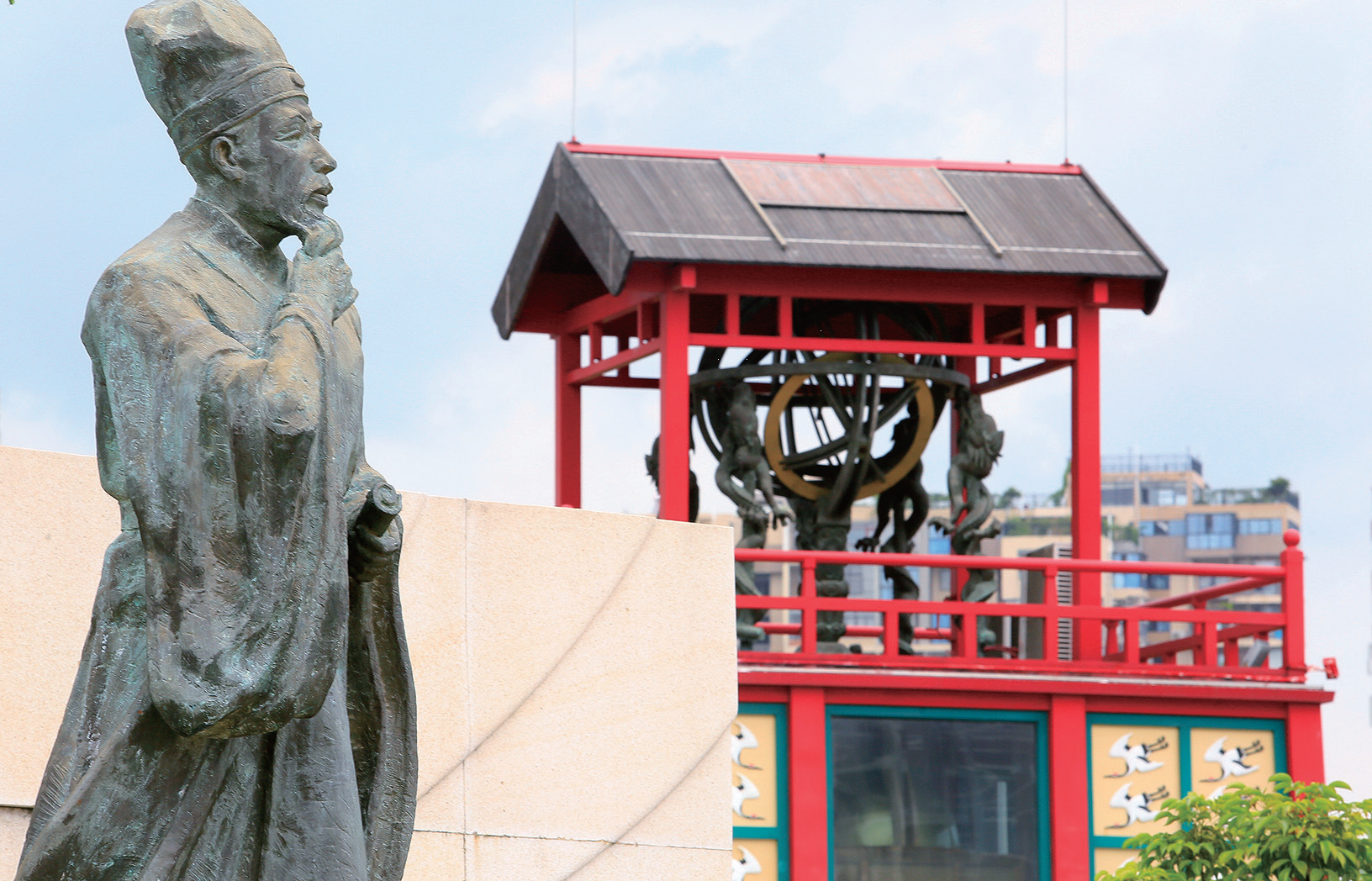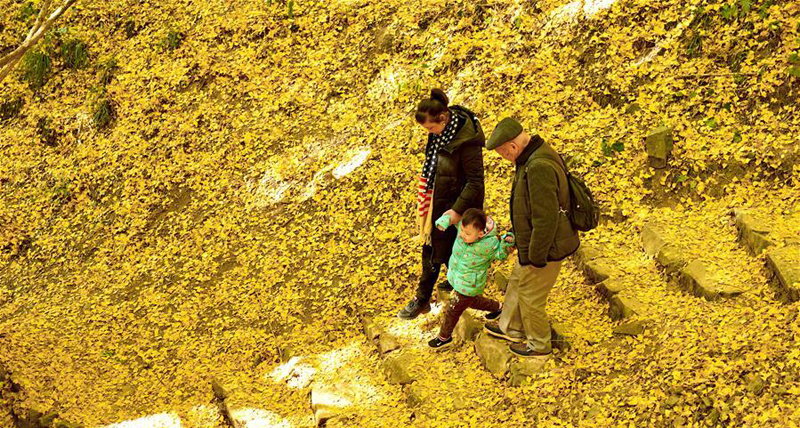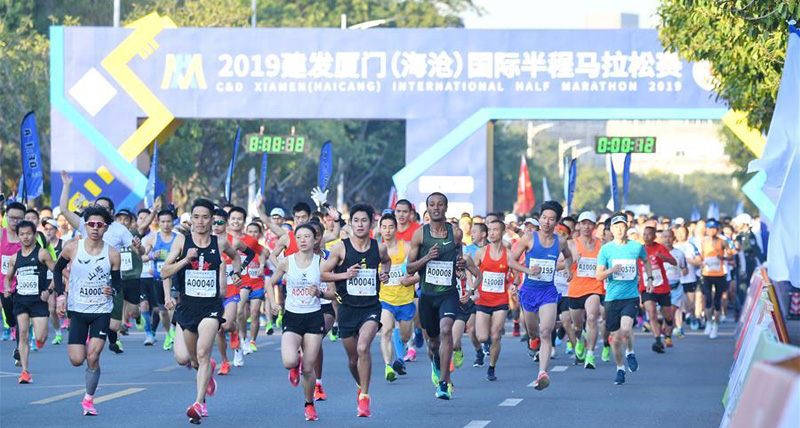Su Song
chinadaily.com.cn| Updated: May 5, 2019

Su Song (1020-1101), who was born in Tong'an, Fujian province, was a renowned polymath of the Northern Song Dynasty (960-1127).
Su was very intelligent and could recite scriptures and poems at the age of 5. He was granted the title of jinshi (the highest degree in the imperial examination) in 1042 and was successively given many official positions.
At around 1051, Su won the appreciation and trust of Ouyang Xiu, a literary giant of that time. During the reign of Emperor Renzong (1010-63), Su served in the royal library. He read all kinds of books from arithmetic, astrology and medicine to yin and yang, history and literature, becoming a scholar with profound knowledge.
During that period Su revised eight medical books and wrote two books on pharmaceutical practices. One of his books, Bencao Tujing (Illustrated Pharmacopoeia), was a groundbreaking treatise on pharmaceutical botany, zoology, and mineralogy.
Su started to build an armillary clock to serve as the basis of calendrical reform in 1086 and it took him six years to finish. The clock was housed in a 12-meter-high tower and powered by a waterwheel and chain drive.
The tower's upper layer was used for astronomical observations, the central section demonstrated celestial phenomena, and the lower area was a chronograph with moving puppets to show time.
Su's invention was highly rated by the international astronomical community as a possible direct ancestor of the European astronomical clock from the Middle Ages.
His treatise about the clock tower, Xin Yixiang Fayao (新儀象法要), represented the level of Chinese astronomy in the 11th century. The book has been analyzed by many historians, such as Joseph Needham. It is China’s most detailed existing monograph on astronomical instruments.



 play
play